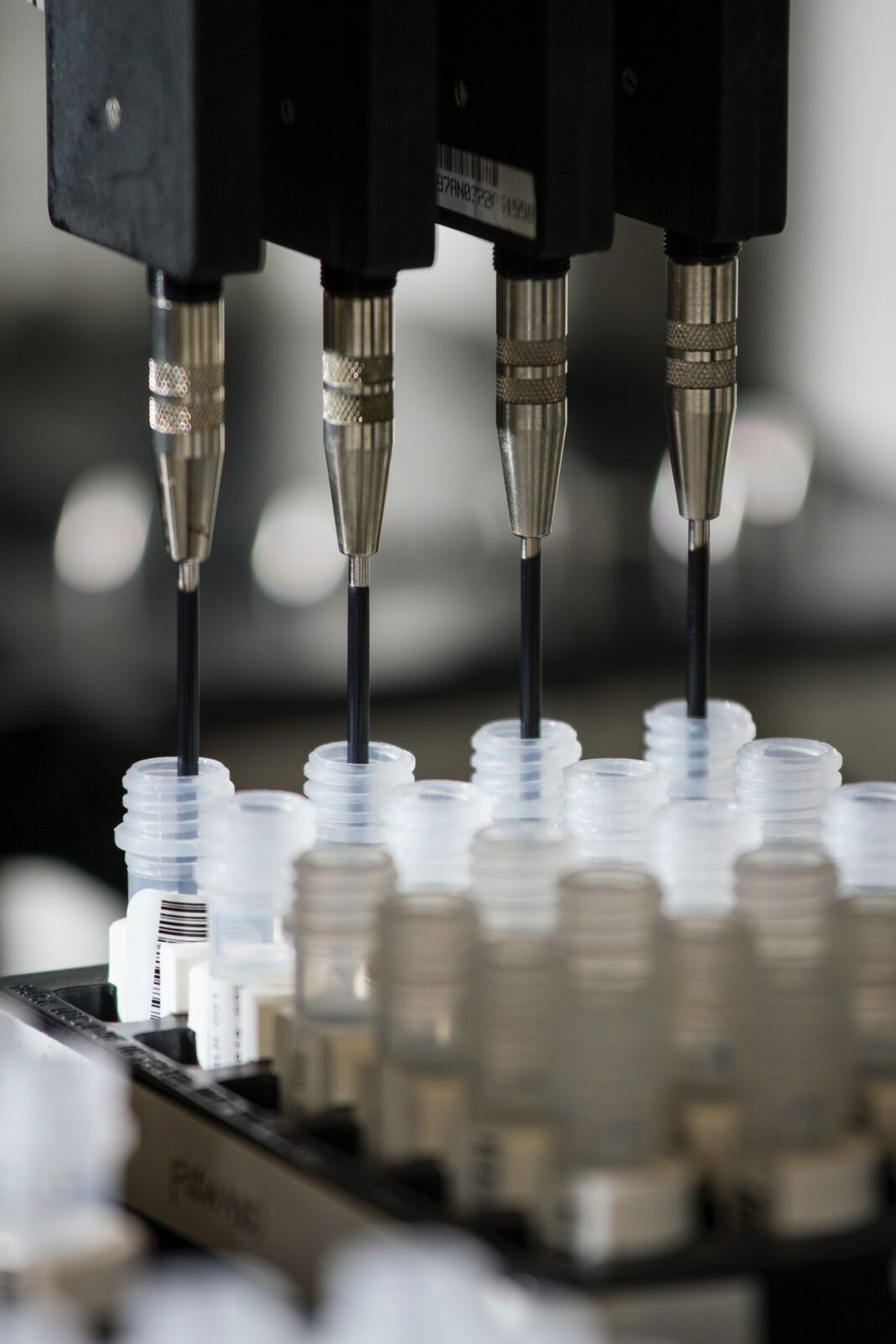SAN FRANCISCO — San Francisco’s Medical Examiner Officer will launch a program that expands the time frame of testing for all toxicology samples from sexual assault survivors, according to an announcement from District Attorney Chesa Boudin made on Oct. 15.
Prior to this program, the window to test if the samples from sexual assault cases had traces of drugs or its metabolites was of two days, but as a result of recent improvement form the forensic toxicology testing methods of the Office of the Chief Medical Examiner, the samples can now be tested up to five days after the assault has occurred. The hope with the extended frame is to allow more survivors to collect evidence that could help them in their cases.
“Victims of sexual assault crimes are among the most vulnerable crime survivors, given the intimate nature of sex crimes. We hope to create as many tools as possible to gather evidence that can help survivors secure justice,” said District Attorney Boudin. “We are pleased that San Francisco’s Medical Examiner’s Office has developed this pilot—something our office has been pushing for—to allow as many survivors as possible to obtain evidence that can be helpful in prosecutions of sexual assault crimes in San Francisco.”
Dr. Luke Rodda, chief forensic toxicologist and UCSF professor, is leading the program, and he said that now they can detect traces of drugs at lower concentrations which is vital for sexual assault survivors. Dr. Sarah Metz, director of the UCSF division of trauma recovery services, said the pilot was also important to give more time to survivors to decide whether they want to go through the process of collecting evidence.
“While we encourage evidence to be collected as soon as is feasible to avoid any loss or deterioration of the evidence, this expansion allows survivors to catch their breath before having to make this important decision,” Metz said. “We are always striving to enhance our trauma-informed response, and we are excited that the technology is in step.
Groups who fight for women’s rights also acknowledged the importance of the program. Juana Flores, executive director of Mujeres Unidas y Activas which provides services to immigrant women, said she applauded the collaboration.
“It is critical to provide more time for survivors to assess their options right after an incident occurs,” Flores said. “This is a very vulnerable time when their principal focus is finding safety and beginning the journey to recover from trauma.”
The program was carried with the collaboration of the San Francisco Sexual Assault Response Team (SART), the District Attorney’s Office and the Department of Public Health’s Sexual Assault Forensic Examiners at Zuckerberg San Francisco General Hospital. It is believed to be the first of its kind in the country.







